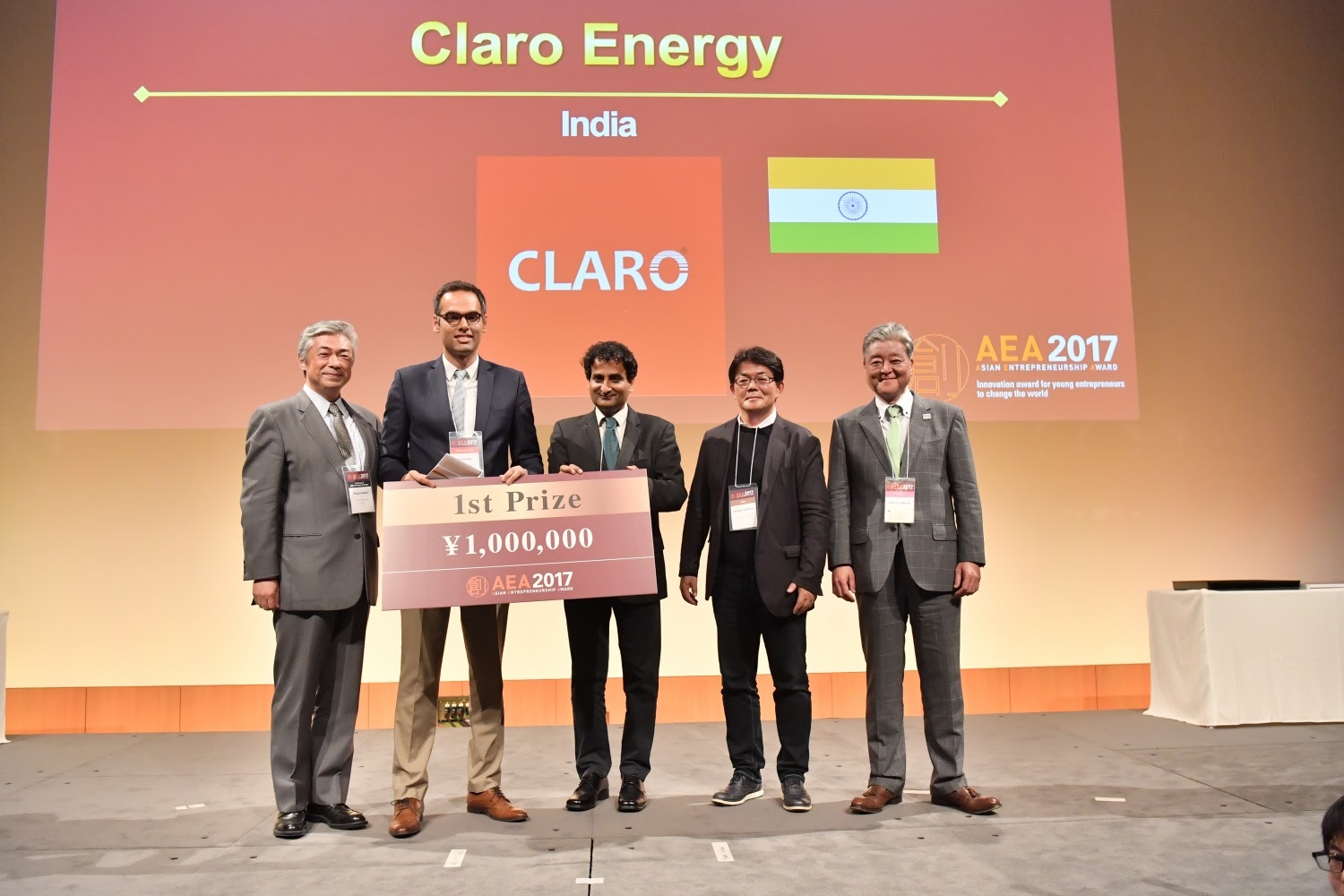
Startups Ecosystem in India
The Indian start-up ecosystem has evolved from being a minor player to among the top 3-5 ecosystems globally. Several successful startups/unicorns, good early stage Angel investment $’s, a nurturing ecosystem of accelerators and Incubators and a significant cadence of business plan contests and start-up events are all essential elements of the Indian startup ecosystem. Large corporates such as Microsoft, Target, Cisco, Axis Bank, Brigade Group and several others have set up startup incubators adding to the vitality of the ecosystem. Early stage capital is quite easily available, although the funnel between angel investments to Series A gets much tighter. The success of Unicorns such as Tejas Networks, Flipkart, Snapdeal and Ola play a huge role in enabling the aspirations of today’s young entrepreneurs. The government has also played a good role with programs such as Startup India/ Tax credits/ better buying terms for Government to buy from Startups among others. Global academic programs such as Stanford Ignite also provide entrepreneurs with a Global learning platform.
However the No 1 strength of the Indian startup ecosystem is the strength, innovative capacities, risk taking aptitude of the entrepreneurs. India has a long business culture of working with constraints and is a very entrepreneurial business culture. The Indian employee is hard working, creative, Innovative, most speak excellent English and work well with Global clients. The workforce embraces new technology and new trends extremely well. All these attributes lend well to entrepreneurship.
India is a large country geographically and is socially a very diverse country. Because of the nature of the scale, it provides an excellent reservoir of complex problems for entrepreneurs to solve and many entrepreneurs have built very successful business in India solving these problems and scaling their start-ups rapidly.
Besides for profit entrepreneurship, India is a very strong Global leader in the trend of Social entrepreneurship. Social entrepreneurial incubators such as Deshpande foundation head quartered in Hubli, a smaller Indian town provide a nurturing sandbox for Social entrepreneurs to test out ideas.
Introduction of particular startups
Around 60 percent of the Indian population lives in rural areas and Agriculture provides the number one source of employment for this segment of the population. India is a water scare country and with the exception of very few rivers, most rivers are rain fed. Irrigation as such is a major gating factor of growth in agriculture and the associated prosperity/ well-being of around 60 percent of the population. Claro Energy (www.claroenergy.in) provides solar irrigation solutions to farmers relying on diesel irrigation in India. This is considered to be one of the best and significant large scale applications of solar power in India and Innovates in solving a very real problem namely water scarcity in agriculture. Claro is a good example of a Global entrepreneur with a global education and work experience starting out in India. Kartik Wahi, the founder graduated from the very prestigious Kellogg School of Management at North western University considered a Top 3 business school worldwide. While evaluating opportunities in the clean technology space in California, he pivoted and co-founded Claro energy to be based in India.
Availability of organically grown produce for their consumption, ambitions of sustainable farming for urban residents are major pain points or problem points in today’s urbanizing India. Awareness of overuse of pesticides and their medical side effects is very well known in today’s India. Besides there is a keen interest among the city liver in India to rediscover the joys of agriculture in semi urban settings within 50 kilometeres of their urban homes. With higher levels of affordability the upward Indian aspires to do farming as a profitable enterprise.
Fresh Harvest (www.freshharvestagri.com) founded in 2014 is an agriculture enterprise that’s designed to demonstrate two primary insights (a) Mid-sized farms (8- 10 Acres) are ideally suited for development as profitable, sustainable business enterprises and (b) build a replicable model for urban residents who wish to become mid-sized farm owners and entrepreneurs, optimizing Good Agricultural Practise (GAP) standards, Government programmes and open markets.
The core elements of this replicable, sustainable model include:
1.) Leveraging 5-6 acres in a midsized farm to grow multiple, carefully selected horticulture
Crops -Lemon, Murungakkai, Nellikai, beetroot, carrot, chillies and greens- with demand in the Farm-To-Table food market; grown as per the Good Agriculture Practice (GAP) standards
2.) Leveraging 2 acres to grow Gerbera/ Carnation flowers in Polyhouses to target domestic
flower markets to create a steady cash flow for the enterprise;
3). Leveraging precision farming and enabling technologies such as greenhouses, controlled
fertigation, rain water harvesting, drip irrigation, humidity sensors, pheromone traps and soil testing kits for optimal management of natural resources;
4). Infrastructure for a processing unit for fruits and vegetables at the farm to enhance value,
provide enhanced job opportunities for local women, procure vegetables from neighboring small holding farmers as a farm gate solution for reducing post harvest vegetable wastage.
5).Research activities into the application and effectiveness of various innovations and aspects in the horticulture value chain.
Their market linkage now delivers to large retail chains across multiple cities in south India, and offers a direct-to-home vegetable basket for residents in Bangalore. The pilots in operationalizing the Farm-To Table approach has helped them gain a rapid understanding of the financial feasibility of operating end to end – from cultivation to the consumer.
Author : Siva Ramamoorthy Mentor, Zone Startups India
 Siva Ramamoorthy (Siva) wears multiple hats as an entrepreneur, lecturer in Marketing and Entrepreneurship and as a Start-up mentor working with Global ecosystems such as Stanford Ignite, University of Sydney Genesis Program, Asian Entrepreneur award, Tokyo, Zone Startups India among others. He holds a MBA from the Kellogg school of Management, USA and a MS Computer Science from the University of Kentucky. A Global Indian he has worked in the USA and India with roles including Director Sales and Marketing, Intel.
Siva Ramamoorthy (Siva) wears multiple hats as an entrepreneur, lecturer in Marketing and Entrepreneurship and as a Start-up mentor working with Global ecosystems such as Stanford Ignite, University of Sydney Genesis Program, Asian Entrepreneur award, Tokyo, Zone Startups India among others. He holds a MBA from the Kellogg school of Management, USA and a MS Computer Science from the University of Kentucky. A Global Indian he has worked in the USA and India with roles including Director Sales and Marketing, Intel.